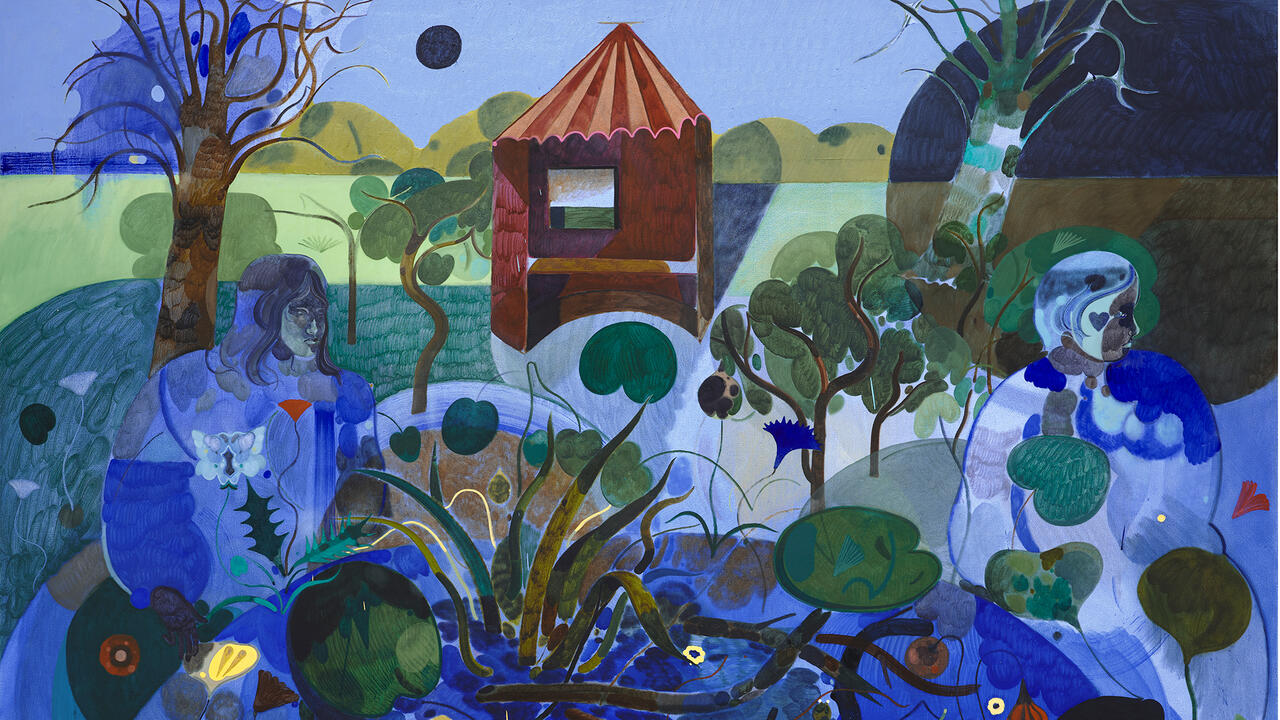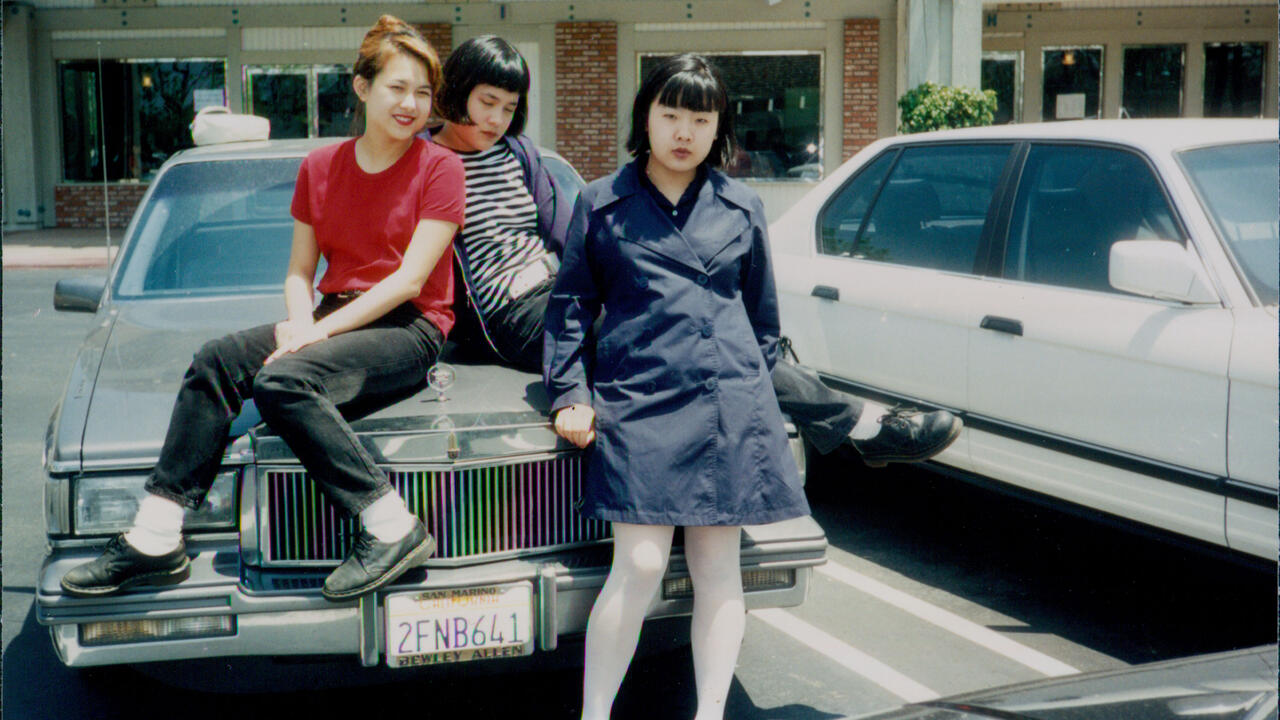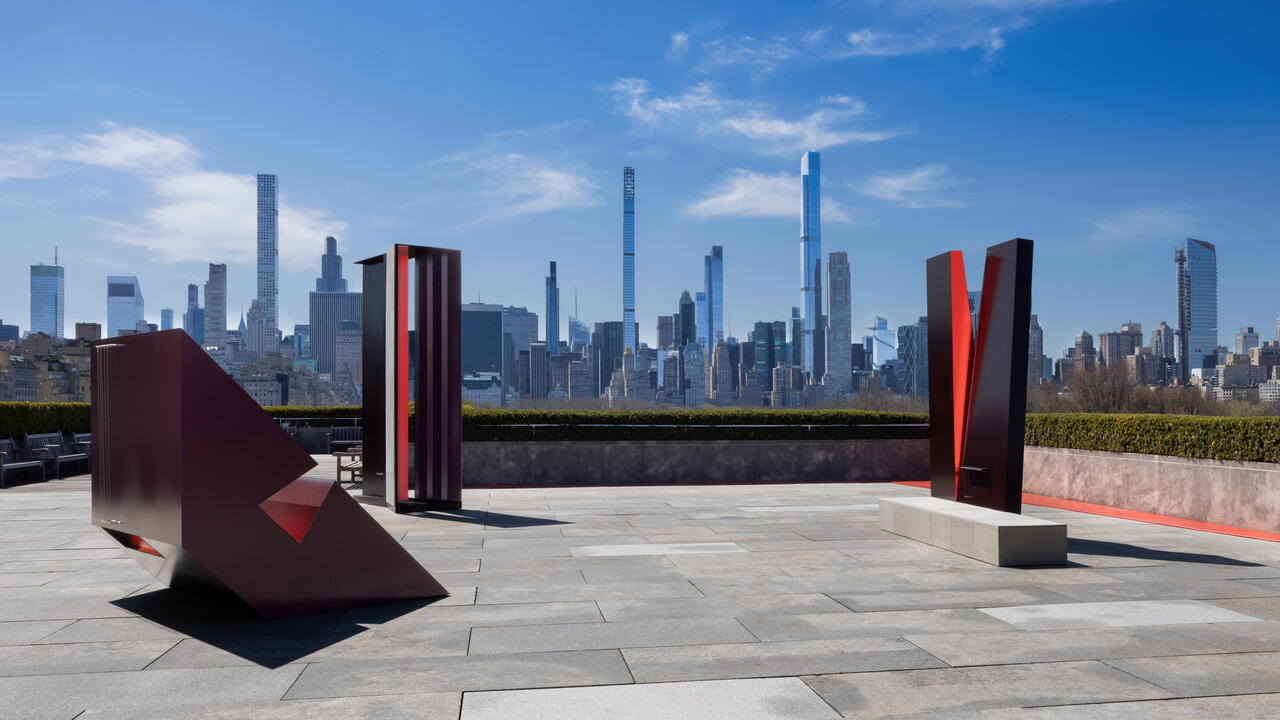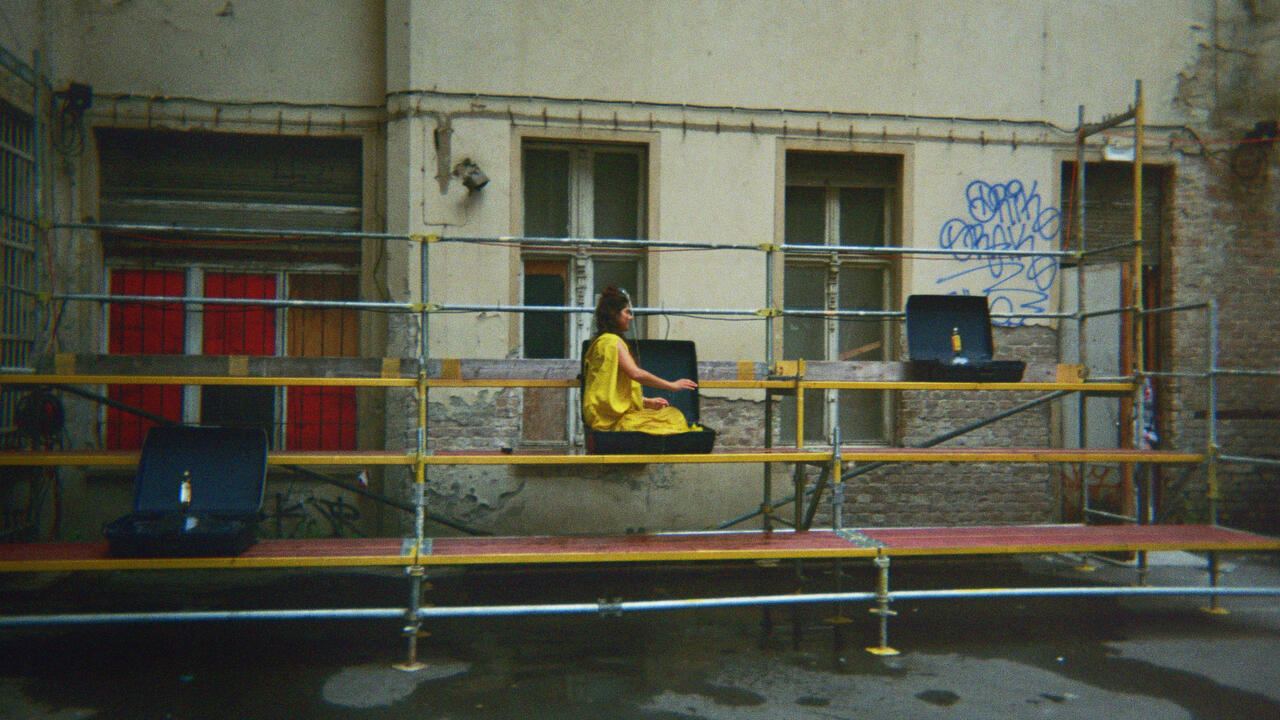The Future According to Arca
The artist’s ambitious fourth studio album is a genre-bending journey of defiance and radiant elation
The artist’s ambitious fourth studio album is a genre-bending journey of defiance and radiant elation

Even now, as the frayed edges of our world begin to tear, we are plagued by a crisis of imagination. Many of us cannot envisage a world that is not violent at its core, much less one that does not hurt us for simply being ourselves. But when Arca does not see the world as she wants it to be, she builds a better one around herself. KiCk i, the Venezuelan artist’s ambitious fourth studio album, released on 26 June, is a genre-bending journey through several such universes, alternating between jarring tones of defiance and radiant elation.
For much of her prolific career, Alejandra Ghersi (as she is known offstage) has worked most prominently as a producer, building new sonic worlds for celebrated vanguardists such as Björk, Kelela, FKA Twigs and Kanye West. But it is in her own discography that she has laid the foundation of her world, establishing herself as one of the most influential experimentalists of our time.
The first of a tetralogy in the works, KiCk i is Arca’s second album in which she uses her voice, after years of releasing sprawling and dissonant instrumental tracks. It is also the artist’s first album since she adopted she/her pronouns and the name Alejandra and, from its very first track, ‘Nonbinary’, she gives us a sense of what it was like for her to imagine the contours of her gender and build it from scratch. Over a confrontational, minimalist beat, she dares anyone ignorant enough to take issue with her gender: ‘It’s not who do you think you’re dealing with, no / Cuz you’re not ‘dealing with’ / There’s no deal / Bitch it’s real, on my side.’ The song’s video alludes to this self-creation, finding Arca lying on a stone medical examination table with a pair of scissors protruding from her waist, surrounded by robotic clinicians and, later, teetering on marabou heels in a seashell with mechanical arms, as if Sandro Botticelli had imagined the birth of a bionic, nonbinary Venus.

Throughout KiCk i, references to cutting abound, dissecting the stereotypes of gender transition in popular culture while invoking the psychologically liberating potential of intense pain. Although social attitudes to LGBTQ+ people have undergone a seismic shift in recent years, coming out and living our truth as queer and trans people has often required the wholesale destruction of the worlds we know. This painful reality has meant that LGBTQ+ people are builders of new modes of being. As LGBTQ+ culture achieves a greater degree of mainstream acceptance, it presents a more sanitized version of itself to the world. Yet, throughout her work, Arca insists on portraying queerness as deviant and subversive. Just as she articulates her transition on her own terms, she situates even her most pop-adjacent efforts at the experimental edge of electronic music.
In the video for ‘Mequetrefe’ (Deadbeat), one of the album’s standout tracks, a shard of glass threatens to pierce Arca’s flesh. The song layers a soaring melody over glitchy IDM, as Arca’s lyrics describe the unparalleled joy of gender subversion, of living honestly in one’s body, of seeing and being seen: ‘Ella no toma taxi, Uber, ni Lyft / que la vean en las calles.’ (She doesn’t take a taxi, an Uber or a Lyft / Let them see her in the streets.) Visibility, however, comes at a price: as a driving beat kicks in over an ominous chorus, we are reminded that the expression of their most honest selves can literally mean death for transgender women. But Arca doesn’t stay there for long, and the song crescendos back to the joyful heights of self-knowledge. Many of the album’s tracks share a utopian vision. On ‘Riquiquí’, Arca speaks of love in the face of fear. On ‘Calor’ (Heat) – a hopeful, almost ecclesiastic ballad about an unexpectedly sweet love – she revels in a relationship she did not dare dream for herself: ‘Eres el premio que no me esperaba / Eres el sueño que no me atrevía a tener.’ (You’re the prize I wasn’t expecting / You’re the dream I didn’t dare have.)

In the staccato chorus of ‘La Chiqui’ (Little Girl), Arca’s glitchy breath and tonada-influenced vocals combine with Scottish musician SOPHIE’s high-pitched verse in a stunningly expansive conception of musical sound. ‘KLK’, meanwhile – Arca’s collaboration with Spanish pop princess Rosalía – is an experimental reggaeton number that could easily find its way into a post-apocalyptic club, should we ever gather on dancefloors again. Perhaps most surprising, however, is ‘Machote’ (Tough Guy), Arca’s flip of Colombian pop duo Latin Dreams’ 2003 hit ‘Quiero Una Chica’ (I Want a Girl). The sexy trap cover’s gender-switched lyrics burn with feminine desire: ‘Quiero un machote / quiero uno ya / quiero un varón que me sepa tocar / quiero un tipo que me sepa amar.’ (I want a tough guy / I want one now / I want a man who knows how to touch me / I want a guy who knows how to love.)
On KiCk i, Arca continues to shock, to grow and to show us the ways she is soft without losing any of her sharp edges. We can only ever arrive at new futures if we are first able to picture them. Ultimately, on KiCk i, Arca imagines a future in which someone like her is, as a matter of course, granted the grace of her full humanity.
Main Image: ARCA, ‘Nonbinary’, 2020. Courtesy: the artist and Frederik Heyman























